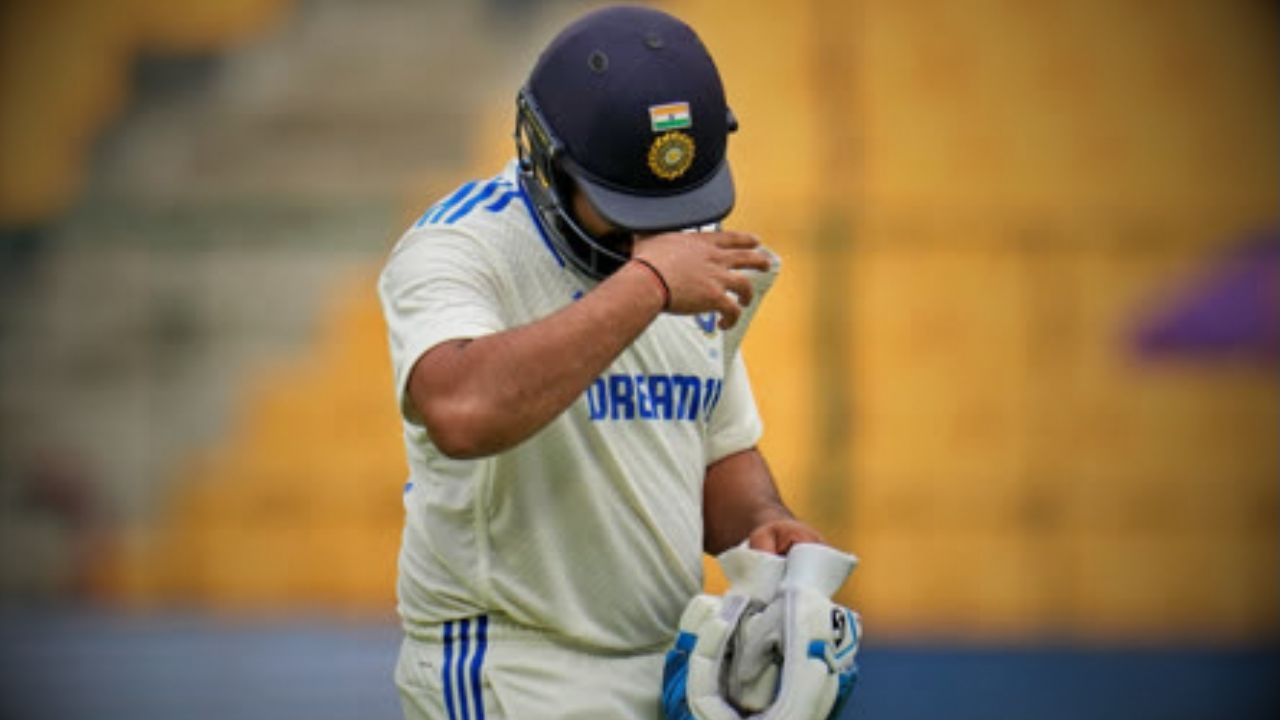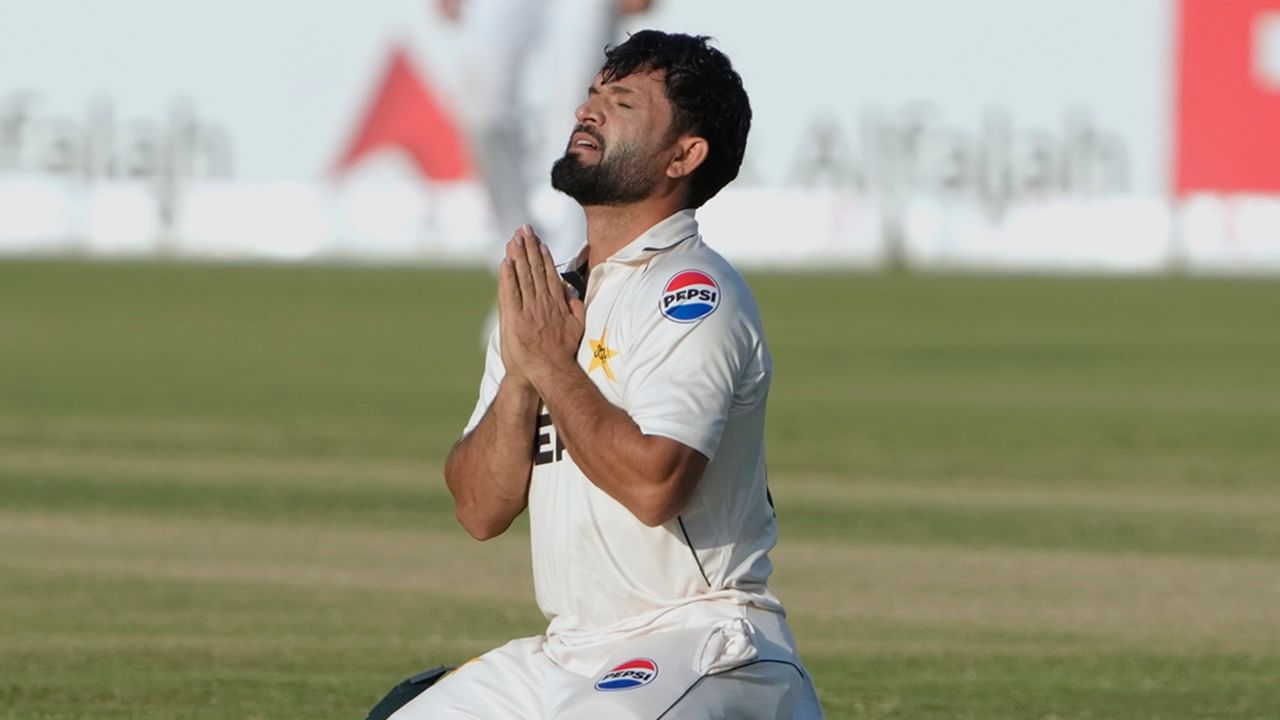The Pakistan cricket team has recently faced significant upheaval with the loss of its ODI and T20 captain, Babar Azam. This sudden resignation has led to widespread discussion among cricket enthusiasts and analysts alike. R. Ashwin, the Indian off-spinner known for his insightful commentary, has shared his thoughts on the current state of the Pakistani team, expressing a sense of pity for their situation.
Understanding Ashwin’s Concerns
In a recent video on his YouTube channel, Ashwin elaborated on the turbulent dynamics within the Pakistan team. He noted that throughout its history, Pakistan has been home to numerous exceptional players, showcasing immense talent. However, he pointed out a detrimental pattern: constant changes in leadership. Babar Azam was not the only captain; there have been instances of Shaheen Afridi stepping in, followed by another period of Babar’s captaincy, and now he has stepped down again.
Impact of Leadership Changes
Ashwin highlighted that such instability in the leadership can severely affect the team’s morale and unity. In his candid commentary, he mentioned, “If there’s so much instability in the dressing room, players will focus more on their individual interests and less on the team’s well-being.” This statement has resonated with many in Pakistan, drawing attention to a concerning trend in their cricket culture.
Reactions from Pakistan
The cricket community in Pakistan has been buzzing with reactions to Ashwin’s observations. Many journalists and analysts in the country have endorsed his perspective, emphasizing that the current climate in Pakistan cricket fosters individualism rather than teamwork. The discourse around this issue is gaining traction as the public shares and discusses Ashwin’s remarks.
Understanding the Players’ Mindset
In his video analysis, Ashwin dissected the mindset of Pakistani players within the current environment. He argued that if the atmosphere in the dressing room remains fraught with uncertainty, players are likely to prioritize personal achievements over the collective success of the team. This shift in focus can hinder team performance, as collaboration and mutual support are crucial for any sports team’s success.
The Bigger Picture for Pakistan Cricket
Ashwin’s comments open up a broader conversation about the management and structure of cricket in Pakistan. With a legacy of producing brilliant cricketers, the need for a stable leadership framework and a cohesive team environment is more crucial than ever. Addressing these internal challenges is imperative if Pakistan aims to compete effectively on the international stage and regain its historical standing in world cricket.











